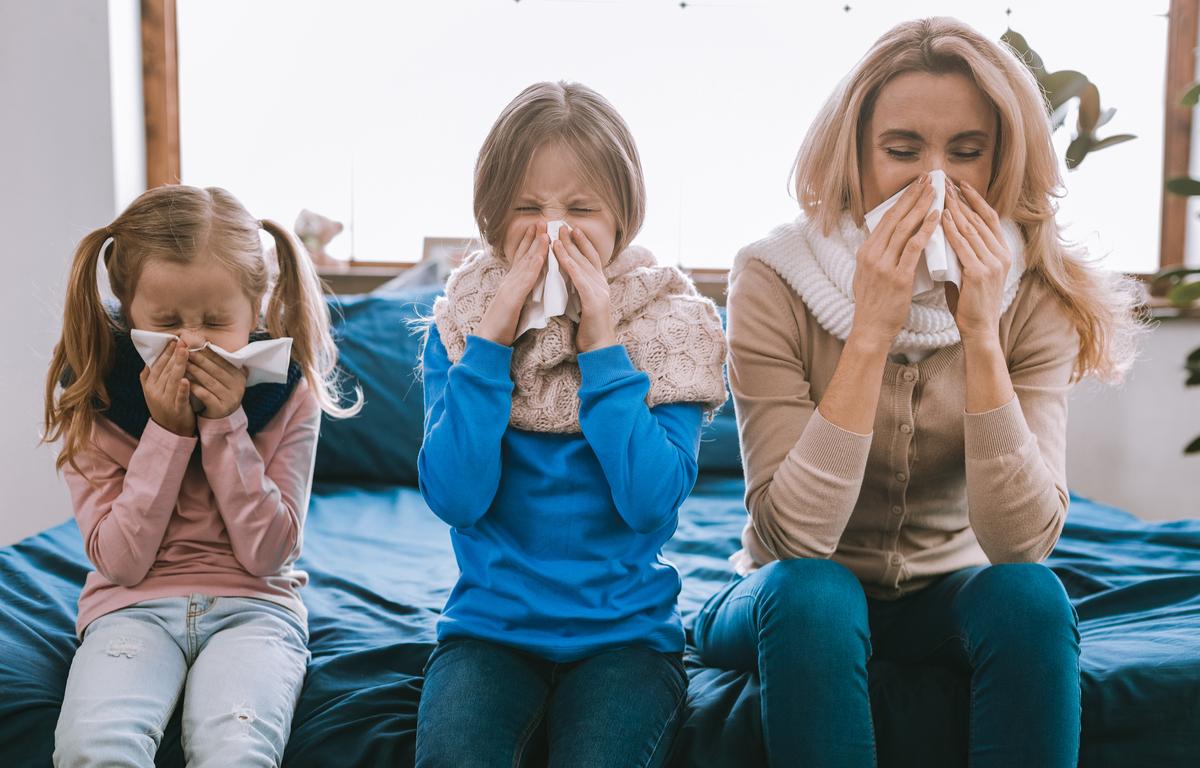Nashville, Tenn. (CLARKSVILLENOW) – It’s an awkward time to have allergies.
With the COVID-19 pandemic and tree pollen season in full bloom, each sneeze or cough may be met with an alarming look.
Allergists at Vanderbilt’s Asthma, Sinus and Allery Program (ASAP), offers a few tips to get allergies under control during the high pollen spring and summer weather.
Cosby Stone, M.D., an allergist at ASAP in Nashville, Tenn. said late spring and early summer can bring tough conditions for those who are allergic to tree and grass pollen.
“Both tree and grass pollen counts tend to be higher during this time of transition,” Dr. Stone said. “Tree pollen usually starts to go up in late February- early March, and lasts until summer’s heat kicks in consistently, whereas grass pollen counts start to go up in late spring and can last all summer. You can tell that it’s time for grass pollen as soon as they start to send up those spikelets that turn into grass seeds if you don’t cut them down. ”
Dr. Stone said during the COVID-19 pandemic the best way to differentiate allergies and COVID-19 symptoms is by the itch factor.
“Patients usually know whether they have had allergies before at the same time in a previous year, so that’s another key feature,” Dr. Stone said. “COVID-19 can cause upper and lower respiratory symptoms just like allergies and asthma can, but allergies tend to have itching, and COVID has not been reported to do this very much, though a few patients have broken out in hives after COVID.”
To treat allergies, Dr. Stone said the first step is an over-the-counter non-sedating antihistamine like fexofenadine or cetirizine tablets in either a name brand or generic. form.
“These antihistamines usually help most with the itching, the eye watering, and with the runny nose. Some folks mainly have congestion or need treatment for sinus swelling, and the best treatment in that case is over the counter nasal steroid sprays like triamcinolone or fluticasone,” he said. ‘The key is to use two sprays and aim them outward away from the middle of your nose. If it goes down your throat and you are tasting it, you are wasting it.”
Dr. Stone also suggested using saline nasal rinses to remove pollen from your nose after being outside. Also, gently washing your face, hair and skin with clean water after being outside will assist in removing pollen and reduces itching.
Patients should seek treatment if their allergies are preventing them from having good control over their asthma, if they are having frequent sinus infections, or if they have tried the over the counter treatments without getting enough relief over their symptoms.


